Interior Painting Services
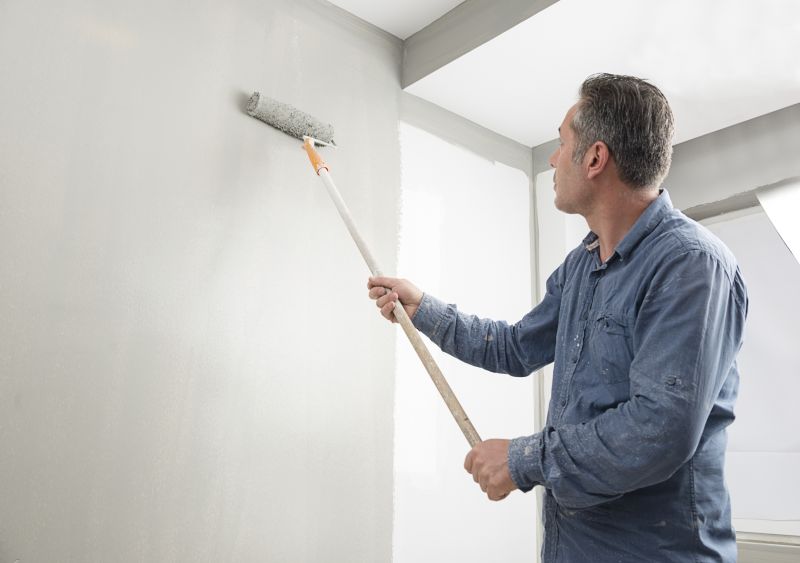
Spring's moderate climate supports high-quality interior paint finishes.
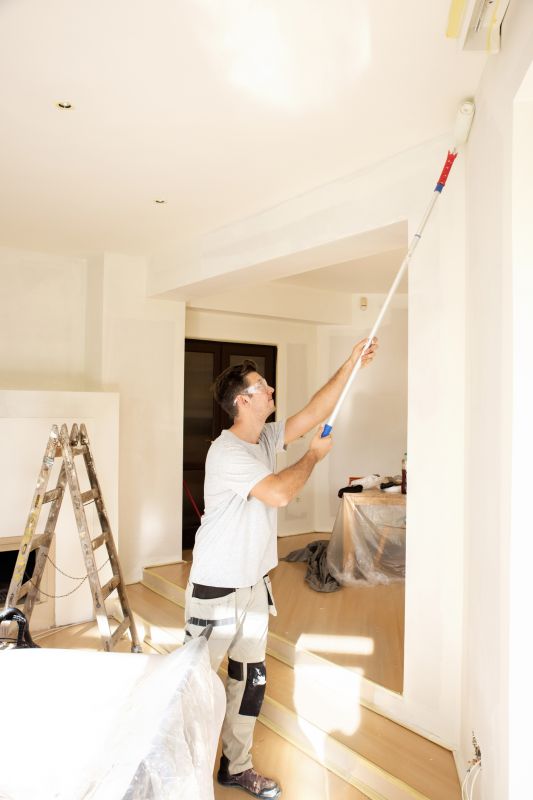
Summer requires climate control to ensure optimal paint curing.
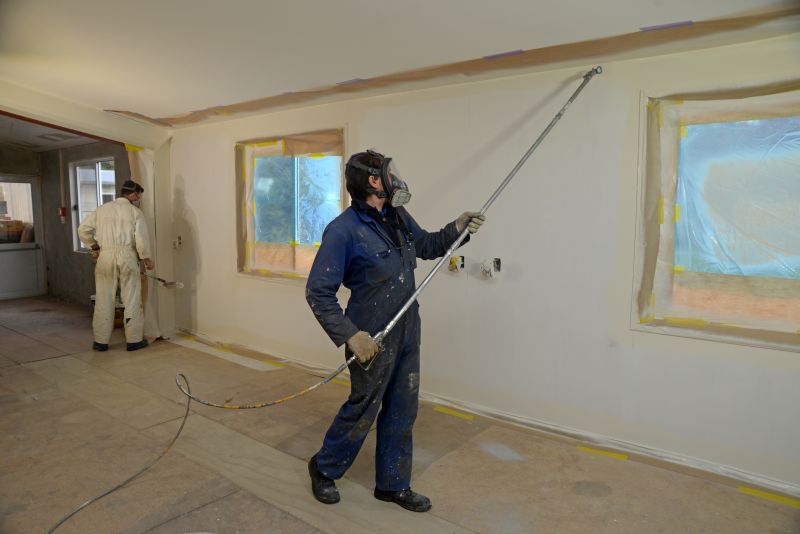
Fall offers stable weather favorable for interior projects.
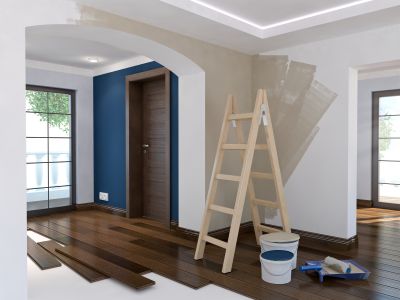
Ways to make Interior Paintings work in tight or awkward layouts.
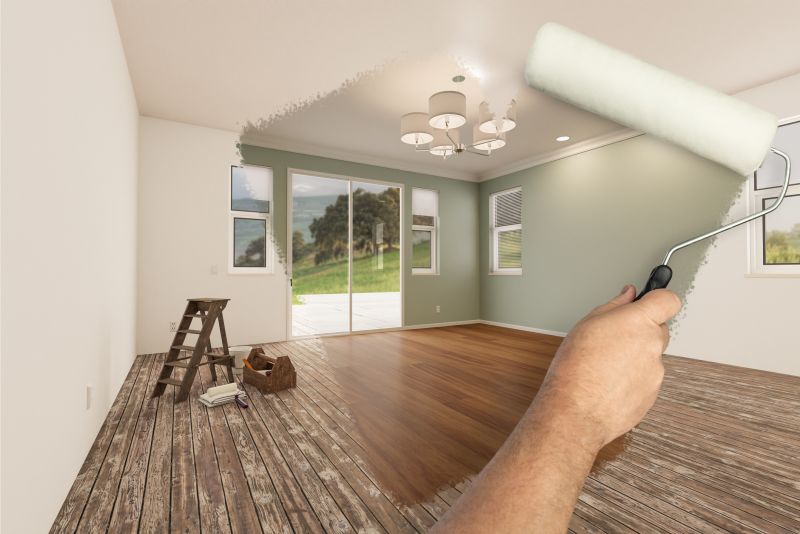
Popular materials for Interior Paintings and why they hold up over time.
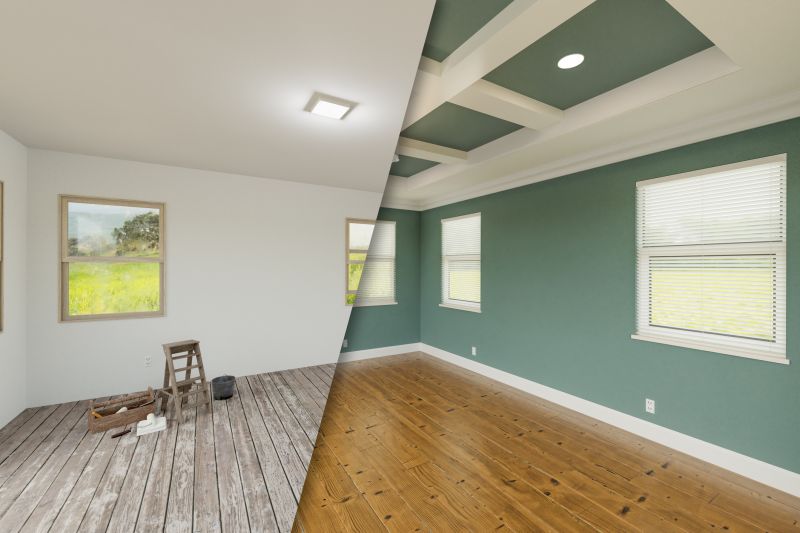
Simple add-ons that improve Interior Paintings without blowing the budget.
| Season | Ideal Conditions |
|---|---|
| Spring | Moderate temperatures, low humidity |
| Summer | Control indoor climate, avoid high heat |
| Fall | Cool, stable weather |
| Winter | Cold temperatures, high indoor heating |
Interior paintings involve applying coats of paint to walls, ceilings, and other surfaces within a building. Proper preparation, including cleaning, patching, and priming, is essential for a durable and smooth finish. Advances in paint technology have improved coverage, drying times, and color retention, making interior painting more efficient and long-lasting.
Statistics indicate that interior painting projects tend to be scheduled during spring and fall, aligning with optimal weather conditions. Proper timing can reduce rework and ensure the longevity of the paint job. Indoor humidity levels should ideally be kept below 50% to prevent issues like peeling or mold growth.
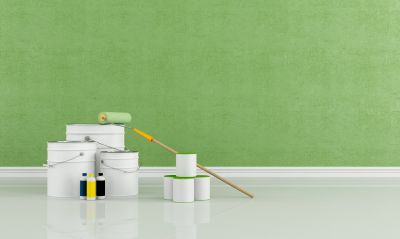
Preparing surfaces enhances paint adhesion and finish quality.
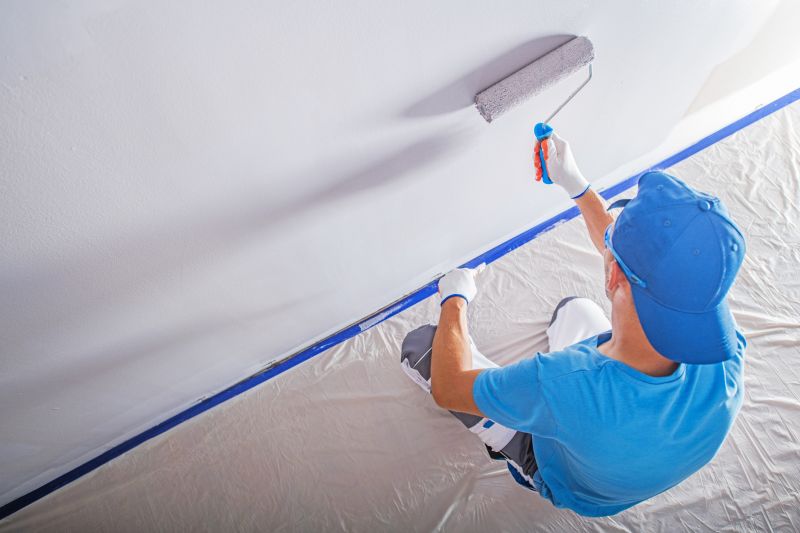
Proper application techniques ensure a smooth, durable finish.
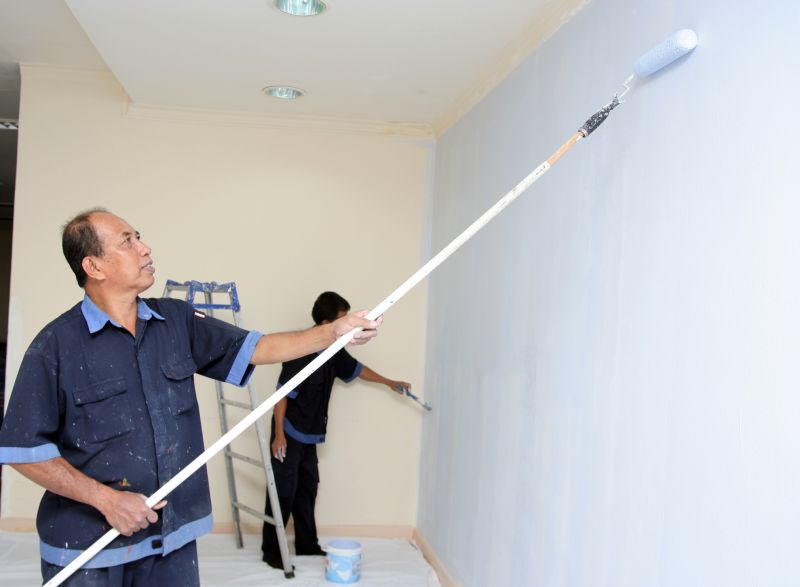
A well-executed paint job improves interior aesthetics.
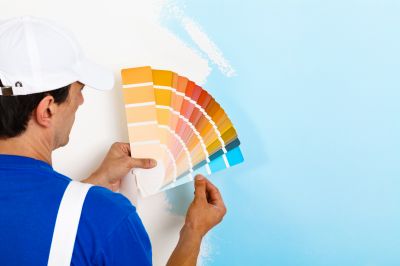
Selecting the right colors impacts mood and space perception.
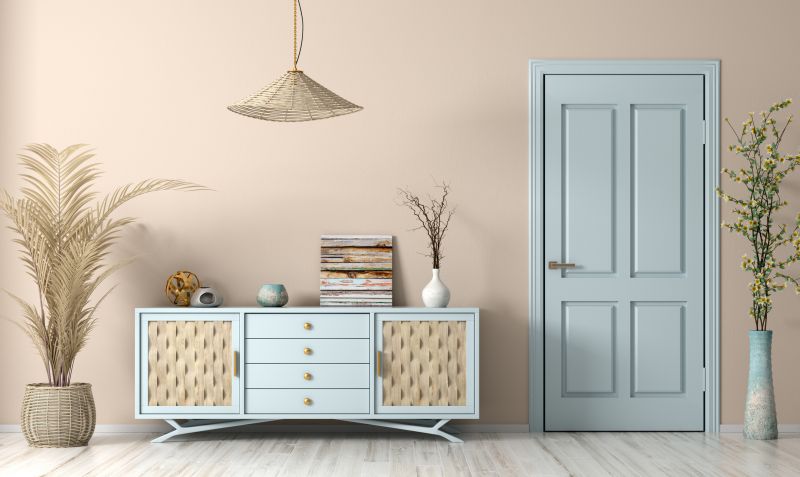
High-end options that actually feel worth it for Interior Paintings.

Finishes and colors that play nicely with Interior Paintings.
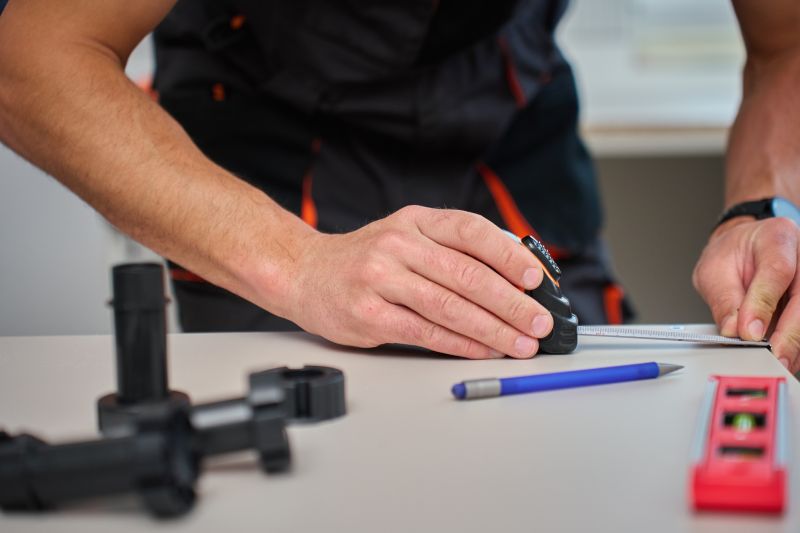
Little measurements that prevent headaches on Interior Paintings day.
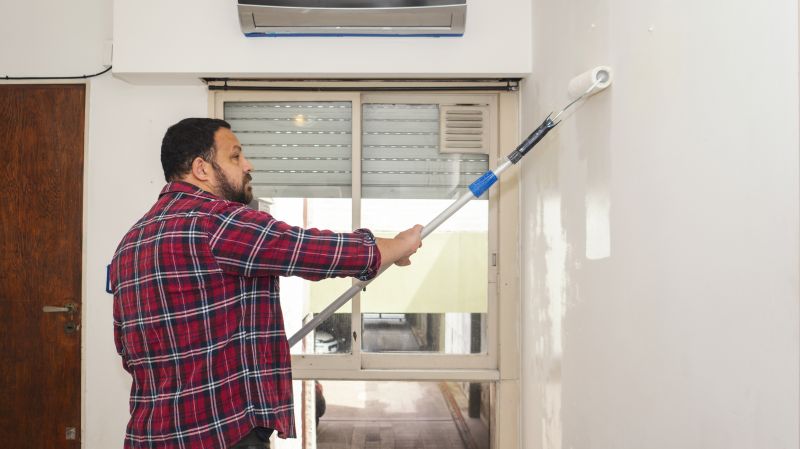
A 60-second routine that keeps Interior Paintings looking new.
Duration depends on room size and surface conditions but generally ranges from a few days to a week.
Yes, but indoor climate control is necessary to ensure proper drying and adhesion.
Cleaning surfaces, repairing damages, and priming are essential steps before painting.
Typically every 5 to 10 years, depending on wear, color choice, and indoor conditions.

